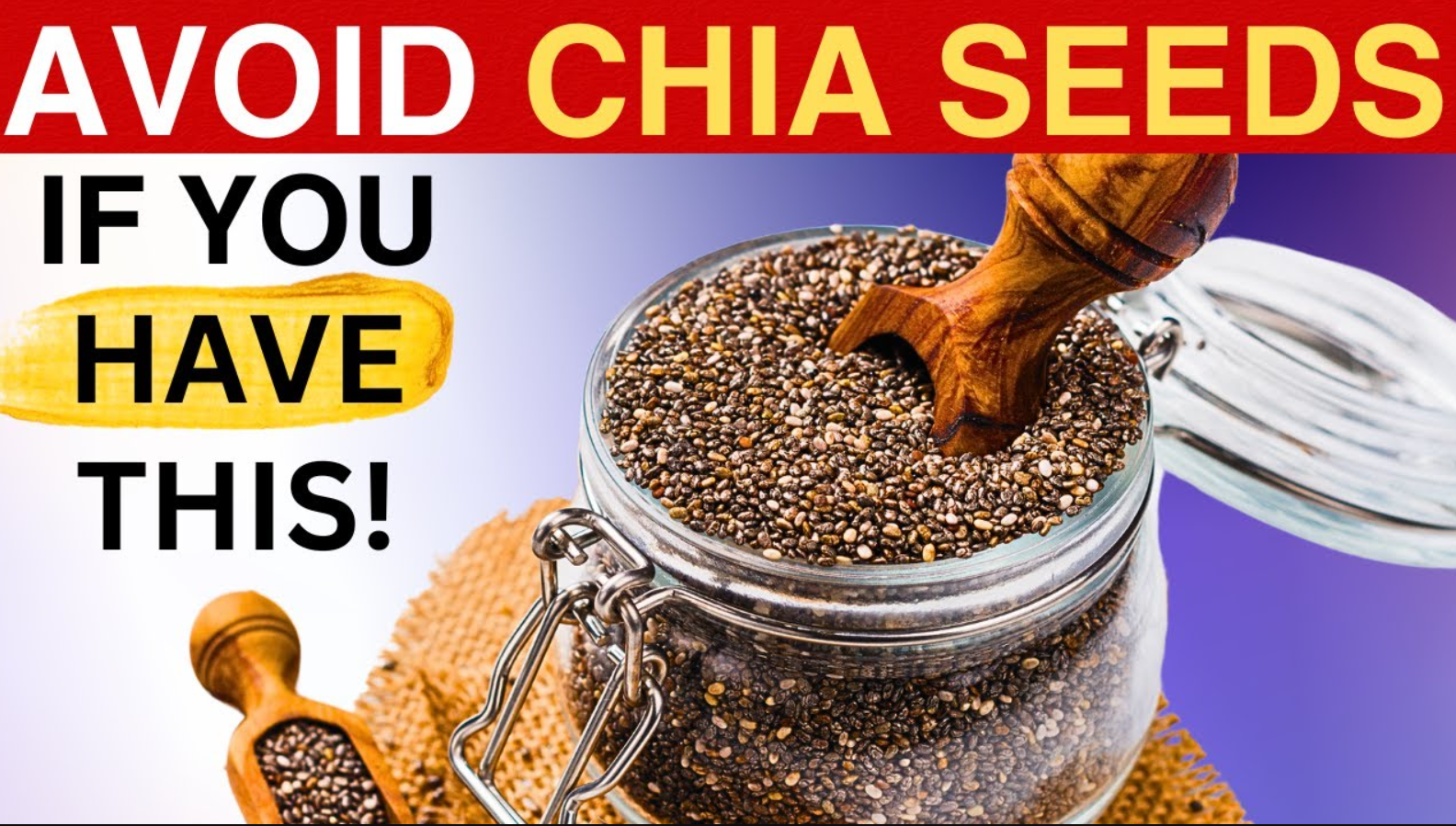Chia seeds are popular for their nutritional value, which includes a high fibre, omega-3 fatty acid, and protein content. However, like any diet, chia seeds may not be suitable for everyone, particularly those with specific medical issues. Here are certain situations where you may wish to avoid or limit your intake of chia seeds:
- Low blood pressure or blood thinner medication
This seeds are reported to reduce blood pressure. If you already have low blood pressure or are using blood thinners, eating this seeds may cause your blood pressure to drop too low and raise your risk of bleeding.
- Gastrointestinal issues
Because of their high fibre content, chia seeds can absorb up to 10-12 times their weight in water, resulting in a gel-like material. While this can benefit most individuals by increasing satiety and regular bowel movements, it may cause bloating, gas, or constipation in those who already have gastrointestinal disorders including Irritable Bowel Syndrome (IBS) or diverticulitis.
- Allergies to Chia seeds
Chia seed allergies are rare, although they do occur. Symptoms may include rashes, hives, or swelling, and in severe situations, anaphylaxis. If you develop allergy symptoms after eating this seeds, you should avoid them and check with your doctor.
- Swallowing Difficulties
For people with esophageal limits or swallowing issues, the gelatinous texture of soaked chia seeds can cause choking. As a result, if you have a known disease that makes swallowing difficult, you should exercise caution with this seeds or visit a health professional before including them into your diet.
- Pregnant or breastfeeding women
While chia seeds are generally healthy in moderation during pregnancy and lactation, due to their high fibre and fat content, excessive consumption may cause gastrointestinal discomfort or disrupt nutrient balance. Pregnant or nursing women should contact with their healthcare professional before making significant dietary changes.
- Scheduled surgery.
If you have surgery scheduled, it is best to avoid chia seeds for a few weeks before the procedure because of their blood-thinning qualities, which may disrupt blood clotting during surgery.
Conclusion: Although this seeds have various health benefits, they may not be appropriate for everyone. If you have any of the problems listed above, speak with your doctor to see if this seeds are safe for you. Tailoring your diet to your specific health needs is critical for overall wellness.
After reading this text you can also read about: Brighten Your Smile Naturally with Tomatoes



